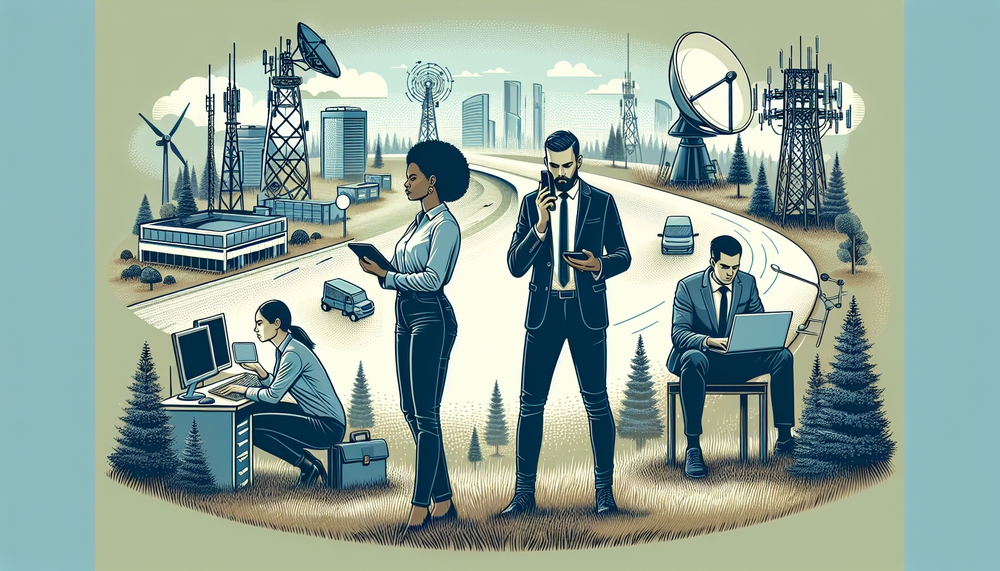Published
- 3 min read
Amplifying Impact: Trump's Tariffs and the Tech Sector's Challenge

Introduction: The Unpredictable Trade Policy
In recent years, the technological landscape has been shaped and reshaped by multiple global forces; a primary force being trade policies initiated during the Trump administration. These policies, particularly tariffs, have had sweeping effects on major tech companies including Apple and Amazon. As Young Liu, CEO of Foxconn, pointed out, the unpredictability of these tariffs has created significant disruptions for companies relying on global supply chains. Foxconn, a key player in electronics manufacturing, is emblematic of the pressures confronting the industry.
The Headache for Tech Giants
For tech giants, the tariffs imposed during the Trump era present a multifaceted challenge. Apple, Amazon, and others that lean heavily on Foxconn for their supply chains find themselves at a crossroads. Liu has flagged these concerns, noting that CEOs must now juggle tariff costs with maintaining competitive pricing and innovation. Major tech firms find themselves juggling increased costs against consumer expectations, an often Herculean task, given the scale of operations involved. This scenario stresses the imperative for tech firms to devise nimble strategies to accommodate not only rising costs but also quality assurance and technological advancements.
Foxconn’s Strategic Response
In response to the trade tensions, Foxconn has embarked on a strategic overhaul. It is expanding manufacturing in the US, a calculated move to mitigate tariff inefficiencies. This shift aligns with its broader strategy to diversify its manufacturing footprint beyond traditional strongholds. By distributing production more evenly across geographical locations, Foxconn seeks to cushion its operations from geopolitical shocks. Such strategic adjustments underscore the broader adaptability required for survival in today’s uncertain economic milieu.
Geopolitical and Economic Impacts
Beyond company-specific strategies, the broader geopolitical and economic repercussions of these tariffs are profound. Manufacturing dynamics have notably shifted, with countries like China, India, Vietnam, and Mexico navigating new economic realities. Each country faces unique challenges and opportunities; China contends with escalating trade conflicts, while nations like Vietnam and Mexico vie to capture economic opportunities through alternative production roles. As these countries reposition themselves, the global supply chain faces the stress of adapting to revised trade scenarios.
The Future of Technology and Global Manufacturing
Looking forward, the nexus between technology and manufacturing will likely transform, influenced heavily by these trade policies. The tech sector could observe a rise in AI server production—a clear trajectory towards diversifying beyond traditional consumer electronics. Likewise, advancements in cloud technology and networking products seem promising, indicating shifts that could buffer the tech industry against trade-related impediments. Yet, this innovation must occur amid persistent tariff-related adversities, forcing a need for ingenuity in resilience-building.
Conclusion: Navigating Uncertainty
In conclusion, the tariffs formulated under the Trump administration represent a formidable challenge. However, as demonstrated by industry leaders like Foxconn, the tech sector is discovering pathways through the complexity. With strategic realignment and innovation, tech companies are cautiously optimistic about their future. They remain geared toward navigating the shifting landscapes of policy and economy, finding opportunities even amidst ongoing trade disagreements. Such resilience promises a cautiously hopeful outlook for the sector, as technology continues to evolve and leaders pivot to embrace change.
